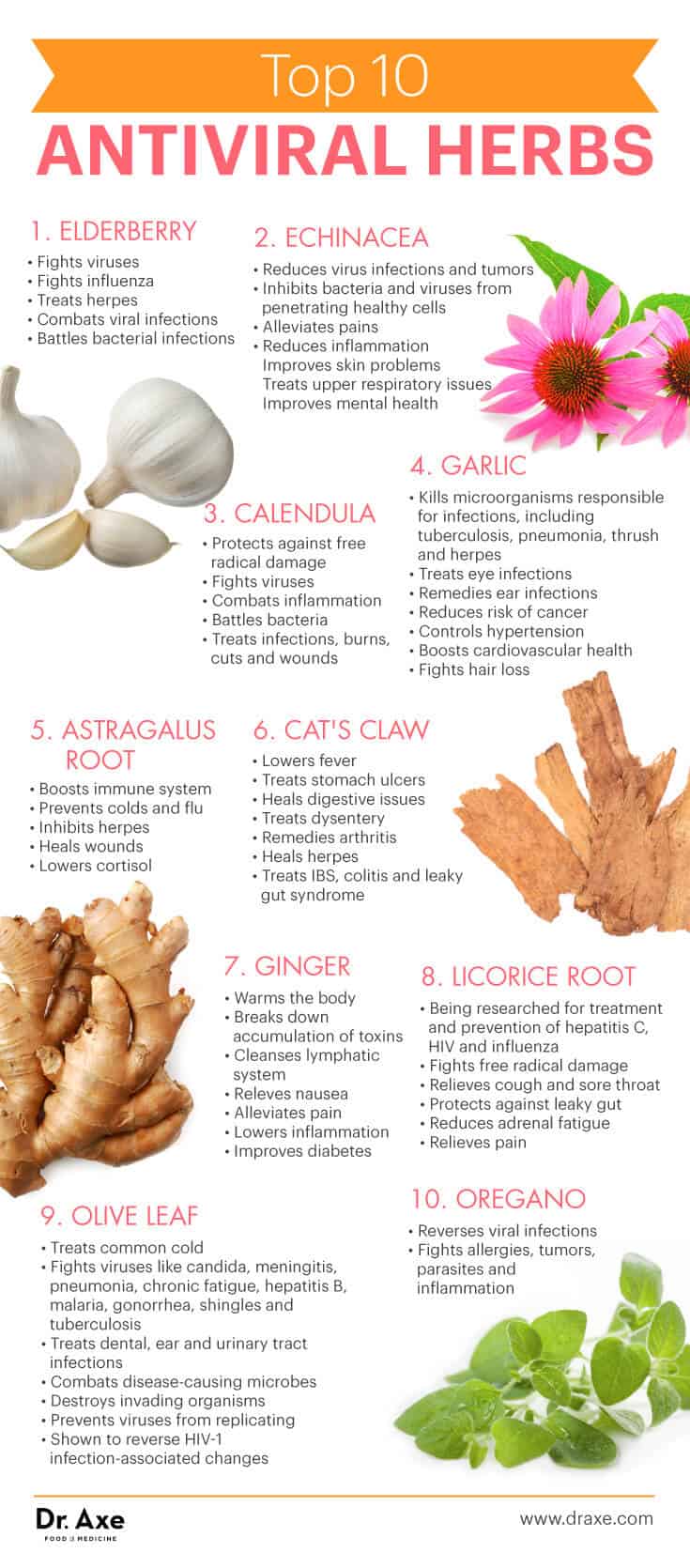What Cures Gum Infection? Garlic Remedies

Gum infections, also known as periodontal disease, can be a painful and detrimental condition to oral health. While professional dental care is essential for treating gum infections, certain natural remedies, including garlic, have been explored for their potential antibacterial and anti-inflammatory properties. Garlic, in particular, has been used for centuries in various cultures for its medicinal properties, including its potential to combat infections.
Understanding Gum Infections
Before diving into the remedies, it’s crucial to understand what gum infections are. Gum infections, or periodontal disease, occur when bacteria in the mouth infect the tissues surrounding the teeth, including the gums, periodontal ligament, and alveolar bone. This infection can lead to inflammation of the gums (gingivitis), which, if left untreated, can progress to periodontitis, a more severe condition that can cause loss of teeth.
The Role of Garlic
Garlic, known scientifically as Allium sativum, contains compounds that have been shown to have antibacterial, antiviral, and antifungal properties. The primary active compound in garlic is allicin, which is responsible for most of its medicinal effects. Allicin has been demonstrated to inhibit the growth of various bacteria, including those that can cause gum infections.
Garlic Remedies for Gum Infections
Several garlic remedies can be considered for gum infections, although it’s essential to consult with a healthcare provider before using any new treatments, especially if you have a severe gum infection or are undergoing dental treatment.
Garlic Mouthwash: Making a mouthwash with garlic can help combat bacteria in the mouth. To make a garlic mouthwash, you can crush 2-3 cloves of garlic and mix them with water. Let it sit for a few hours to allow the allicin to form, then strain and use as a mouthwash.
Garlic and Salt: A mixture of crushed garlic and salt can be applied directly to the affected gum area. The antibacterial properties of garlic combined with the anti-inflammatory effects of salt may help reduce swelling and combat infection.
Garlic Oil: Garlic oil, which can be made by infusing garlic in a carrier oil like coconut or olive oil, can be used topically on the gums. Apply a few drops to a cotton swab and gently rub it on the affected area.
Garlic and Honey: Mixing crushed garlic with honey, which has natural antibacterial properties, can create a paste that can be applied to the gums. The soothing properties of honey may help reduce discomfort while the garlic works on the infection.
Important Considerations
While garlic and other natural remedies may offer some benefits in preventing or treating mild gum infections, they should not replace professional dental care. Severe gum infections require the attention of a dentist or periodontist for proper diagnosis and treatment, which may include deep cleaning, medication, or in severe cases, surgery.
Moreover, the use of garlic remedies should be approached with caution. Garlic can be potent, and using it in excessive amounts or frequencies can lead to oral burning, tooth sensitivity, or interact with certain medications. It’s also worth noting that the evidence supporting the use of garlic for gum infections is largely anecdotal and based on traditional knowledge, with limited scientific studies specifically addressing its efficacy for this purpose.
Conclusion
Gum infections are a serious condition that requires proper dental care. While garlic, due to its antibacterial properties, may offer some benefits as a complementary remedy, it should not be relied upon as the sole treatment for gum infections. Regular dental check-ups, good oral hygiene practices, and a balanced diet are crucial for maintaining healthy gums and preventing infections. For those considering garlic remedies, consulting with a healthcare provider is advisable to ensure safe and effective use.
FAQ Section
Can garlic cure gum infections on its own?
+No, while garlic has antibacterial properties, it should not be used as the sole treatment for gum infections. Professional dental care is essential for proper diagnosis and treatment.
How often can I use garlic remedies for gum infections?
+The frequency of using garlic remedies should be discussed with a healthcare provider. Overuse can lead to oral irritation or interact with medications.
Are there any side effects of using garlic for gum infections?
+Yes, using garlic in excessive amounts can lead to oral burning, tooth sensitivity, or bad breath. It’s crucial to use it in moderation and under the guidance of a healthcare provider.
Can I use garlic if I have sensitive teeth or gums?
+If you have sensitive teeth or gums, it’s advisable to consult with a dentist before using any garlic remedies. They can provide guidance on safe use or recommend alternative treatments.
How can I prevent gum infections?
+Preventing gum infections involves maintaining good oral hygiene (brushing and flossing regularly), visiting your dentist for regular check-ups, and avoiding tobacco products. A balanced diet that includes foods rich in vitamins and minerals, especially vitamin C and calcium, can also support gum health.
